EMBRACING THE AGE OF AI: INTO THE FUTURE OF CX
Living in an age of artificial intelligence is a reality few thought would come to full fruition. The technology has changed the way the world learns, cementing itself as a key differentiator in the future of business. Consumers are stepping forward with confidence, leaning into its everyday applications with a keen interest for augmented experiences. And businesses are taking note.
The economic potential of AI is abounding; yet, hesitancy often overclouds investment decision making. Findings from the Responsible AI Index show that only 30% of Australian organizations have an AI strategy across the business. What’s more, on average, 1 in 10 businesses believe they have a mature approach to deploying responsible and ethical AI. Given the volatility of our current climate, the actions behind these figures hold validity. Nevertheless, moving into the future of CX means evolving alongside the future of technology, and those who do not keep up will feel it heavily in the longer term.
The second iteration of the Digital Leaders Forum, hosted by Thoughtworks and Connect Media, gathered digital leaders from across the country to deep dive into The Future of Customer Experience in the Age of AI. It was an evening of great discussion, breaking down the challenges shared between leaders as they grapple with this technology and its consumer potential.
This report captures the themes and insights that fuelled the event.

Addressing the challenges: Where we are at with AI
“The way that we should think about AI is it’s actually just like an alien species that’s arrived on the planet. It is growing profusely. It is potentially going to have a mind of its own.” Dr. Lewis Rosenburg, Responsible Metaverse Alliance.
The term ‘artificial intelligence’ evokes a mixed response among business leaders. Some are averse to its technological gravity, hesitant towards its complexity. Others see it as an opportunity to establish a different pace, to position themselves as CX leaders in the digital world rather than simply followers.
Capturing this sentiment, guest speaker for the evening, AI technologist Dr. Catriona Wallace, pinpointed two specific inhibitors that often stagnate effective AI integration into business function:
The first is that many organizations become stuck within a sort of pilot purgatory, with only 1 in 10 AI projects going from trial into full production.
“One of the biggest mistakes people make is just trialling it to see where it’ll be useful rather than looking for a use case within your organization that has resisted other solutions,” she explained. This is a mindset bred from an undefined strategy and unclear vision, where the basics and value potential of AI at scale are not intentionally aligned with business priorities.
The second exposes the traditional silos businesses tend to operate in: “Business people don’t really understand what AI is, they delegate it to the data scientists or the CTO or the engineers to come up with a strategy,” said Dr Wallace. She emphasized the detrimental impact this can have on the success of the technology, particularly as businesses navigate the accompanying governance and ethical responsibility.
As technology and competitive advantage continue to further intertwine, we are seeing businesses further tune into what it might mean to be an AI fuelled enterprise. It is important that businesses prioritize “cross-functional, cross-hierarchical decision making” as they bring this tech into the fold.
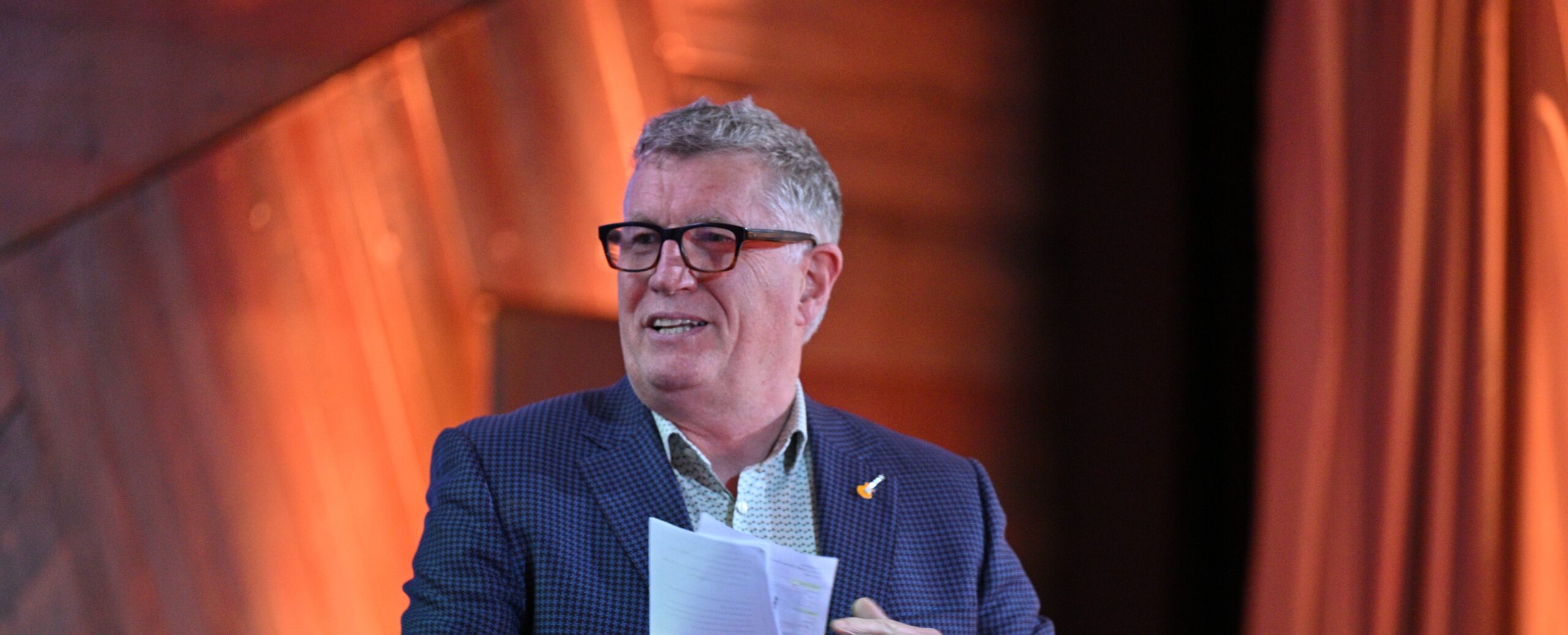
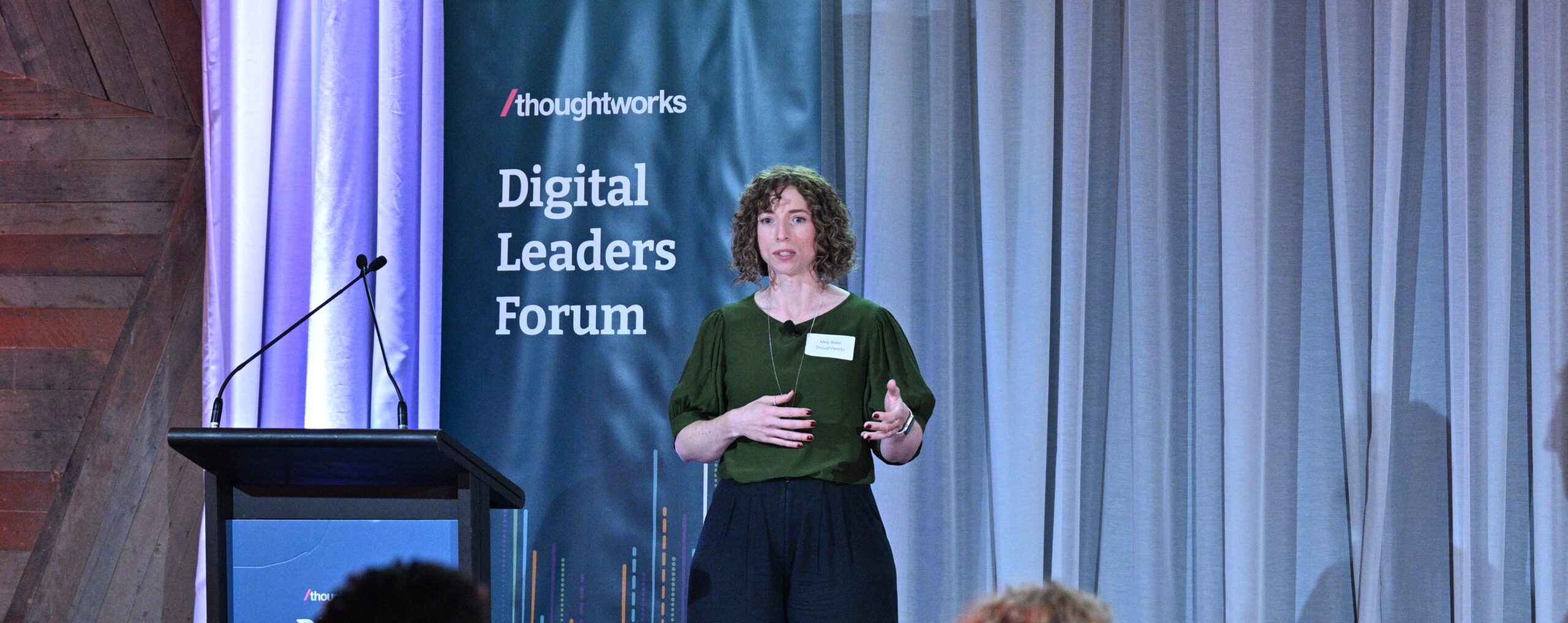
Following consumers into the future of their experiences
“The leading organizations are the ones who have taken the technology and been able to use that to deliver amazing customer experiences” – Meg Blake, Principal Consultant, Thoughtworks, ANZ
Technological change influences consumer behaviours and businesses must strategize how to follow the rapid pace of that change. Forum Chair and Principal Consultant at Thoughtworks, Meg Blake, spoke to this line of thinking, questioning how AI can be considered as an augmenter of CX – “Coming from the CX and design space, how do we work closer with technology and data functions to actually be able to execute and deliver those experiences into customers’ hands and make them tangible for customers?”
As it sits, automation holds one of the primary use cases for AI in business: “What does AI do well? It does efficiency well, automation well and analytics well, and all of that is super useful for the customer experience,” said Dr Wallace. It has demonstrated itself to be an important stepping stone along the AI pathway, proving its ROI as a tool of data optimization.
While important, the leaders to leave a lasting imprint on their customers will be the ones who go beyond simply implementing AI for cutting costs sake. They will be the ones who start with the customer at every level of AI decision making, following them across channels, conducting wide research to understand the problems and touchpoints, designing the technology to suit.
Alongside harsher data regulations, this consumer-centric way of thinking has shifted how businesses view the full scope of the customer experience. Where there was once a complete emphasis towards ‘making the sale’, there is now a convergence of two different experiences. Dr Wallace describes this process as omnichannel bifurcation: a divergence of one experience split in two. She emphasizes that services must cater towards cultivating consistent digital and organic experiences, offering both the holistic and authentic, alongside the innovative and simplistic.
Using AI to understand and augment the pathways, the context, the motivators of our customers will be central to sustaining relevance across the digital marketplace.
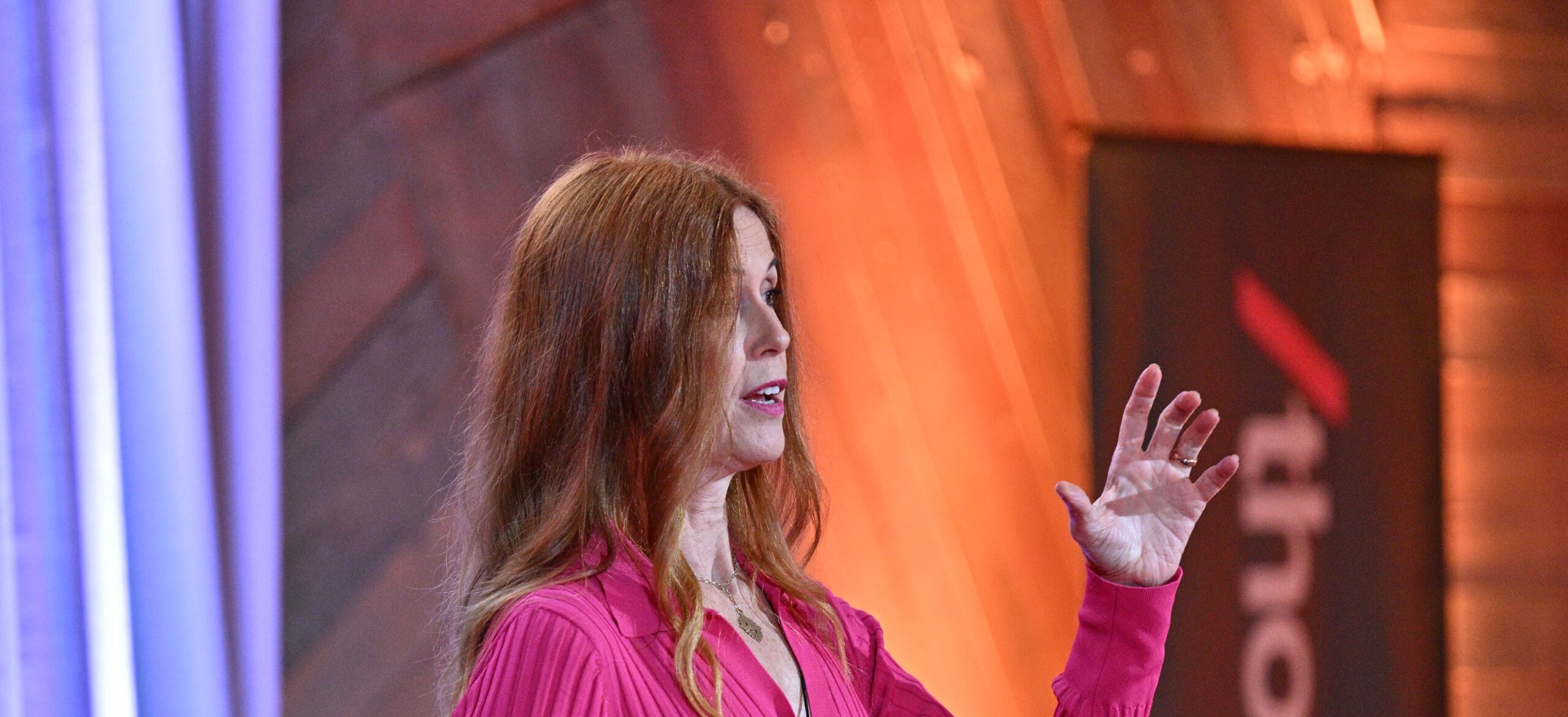
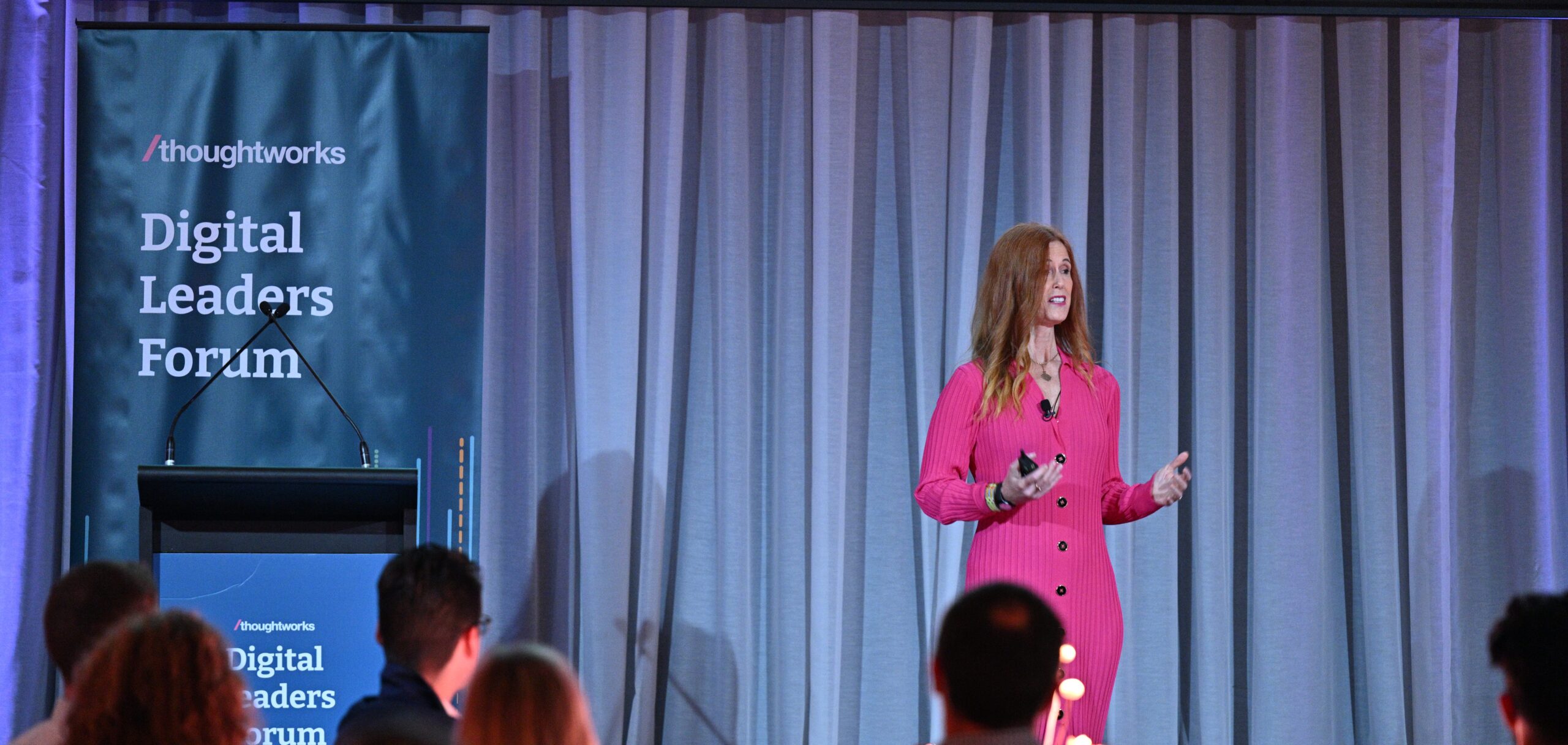
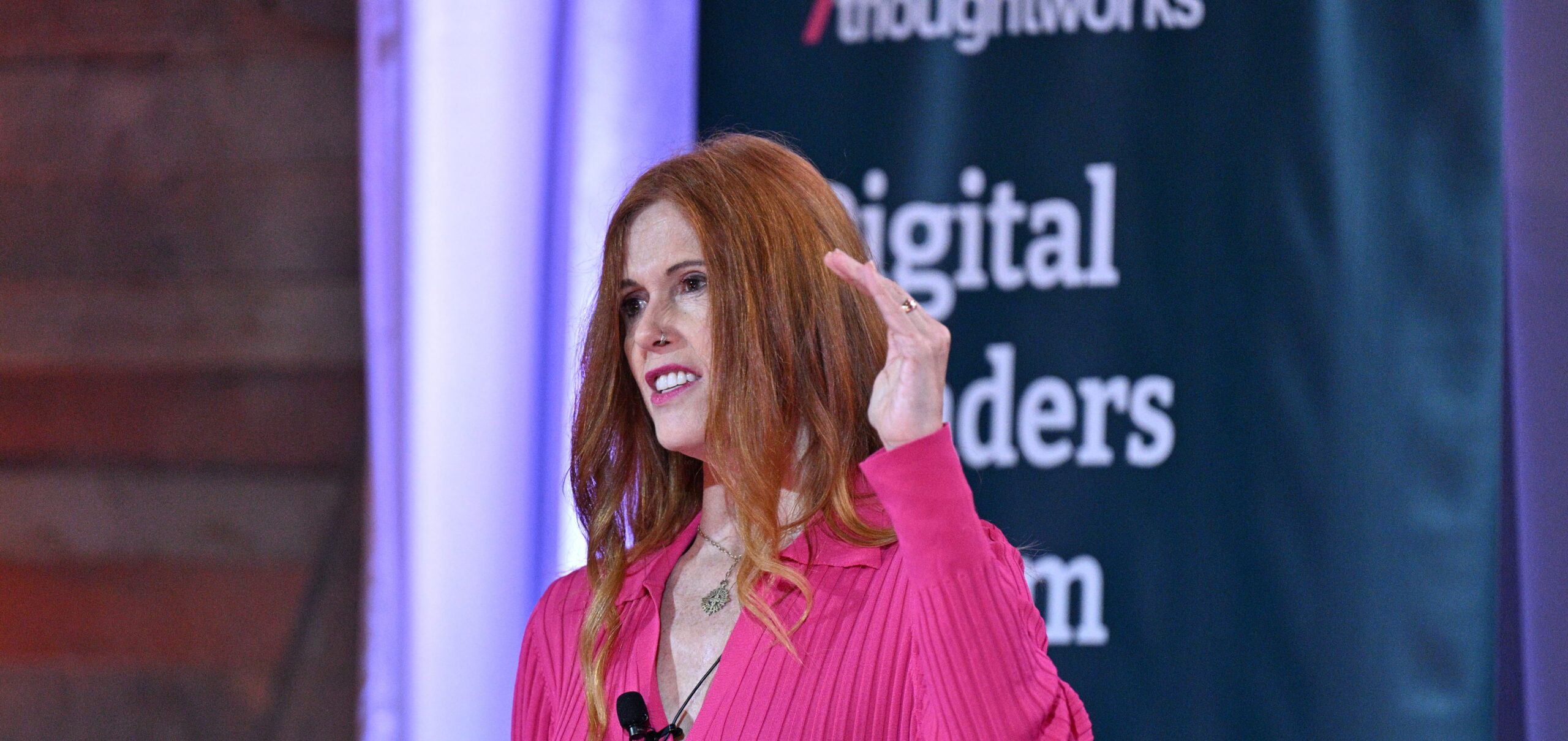
Privacy, governance and ethics must come first
“Who is going to lead us into an ethical future? It’s us. It’s us knowing these principles. It’s us calling it out. It’s us making sure that when we see and build strategy for our customers, for our employees, for our environment, for our world, that we are the ethical leaders leading the way.” – Dr Catriona Wallace
Contextual experiences are driven by data. Dealing with any sort of data, especially within our current climate, means that maintaining consumer trust is vital for the longevity of your investments.
Being “big on customer experiences, means, big on privacy by design,” stated Dr Wallace.
Hyper personalization is machine learning based on recommendations, but knowing your customers better than they know themselves, that’s what we are aiming for…” she explained. But it has to be done in a way that respects your customers’ information. “Privacy has to be on top of your customer experience design mandate from now on if it isn’t already.”
This is a challenge businesses need to continually approach, always questioning how to deliver personalized experiences in ways that are localized, and aren’t reliant on third-party sharing. This poses the question: how can leaders become more contextual and accountable in their data, particularly with AI in the picture?
“Governance is a super important thing with AI strategy,” said Dr Wallace. Drawing clear ownership and responsibility lines throughout AI frameworks will promote and sustain trust across all stakeholder parties. Once again, this is a cross-functional effort, one that must have a broad accountability spectrum across the C-suite that undergoes consistent review and monitoring. Ethical considerations need to be prioritized, and anticipated risk surrounding unintended consequences need to be understood, measured and addressed.
To ensure this is maintained, Dr Wallace highlighted three ethical AI principles that must be adhered too when businesses are figuring out how the technology should be designed or approached:
- Technology should be built with human society and the environment in mind, and should not come at a cost to those things.
- It should be built with human-centred values at the core: embodying fairness, hold no prejudice, it must adhere to privacy, security, and protection laws, it must be reliable and safe.
- It should be contestable and held to account.
Where the metaverse fits into it all
The metaverse has gradually seeped its way into the cultural vernacular. Its significance as a tool for connection continues to strengthen, providing businesses an additional avenue to enhance their consumer experience.
“The metaverse is regarded as virtual worlds where people come to make connections,” said Dr Wallace. It is a landscape that operates successfully on scarcity amidst limitless abundance – “What we are seeking in the metaverse is rarity. Rarity is everything in the metaverse. The rarer it is the more expensive it is,” explained Dr Wallace, highlighting its economic prospects.
During the forum, she took attendees into the metaverse worlds she sometimes inhabits, demonstrating a tangible application of its functionality and accessibility. She drew parallels to the explosive nature of social media and Web2.0, explaining how the Metaverse will drive the next era of global, digital interaction.
The metaverse is, however, decentralized, raising concerns over who will own and govern its virtual worlds; writing, setting and enforcing its ‘laws’. Currently, this responsibility has fallen into the remit of big tech developers as governments remain slow to start writing policy for these spaces. Australia is on the path to implementing state-by-state wide metaverse strategy in the near future.
Dr Wallace probed attendees to keep considering how they as a business may respond to the potential the metaverse offers to CX, reminding them to take up the mantle of becoming ethical and responsible digital leaders.
“We need to be agitating for policy and legislation and regulation in the metaverse to keep people safe, because this will be a new frontier of business opportunity, extraordinary for your brands to have a presence in the metaverse,” she said.
What does this mean for your business?
It is clear that AI has transformative horizons and considering its implications for your business is vital. History has shown that those who are leaders of the technological forefront will set the standard for how customers think and feel about their experience, and AI with CX is no different. Now is the time to secure the advantage.
Related Articles
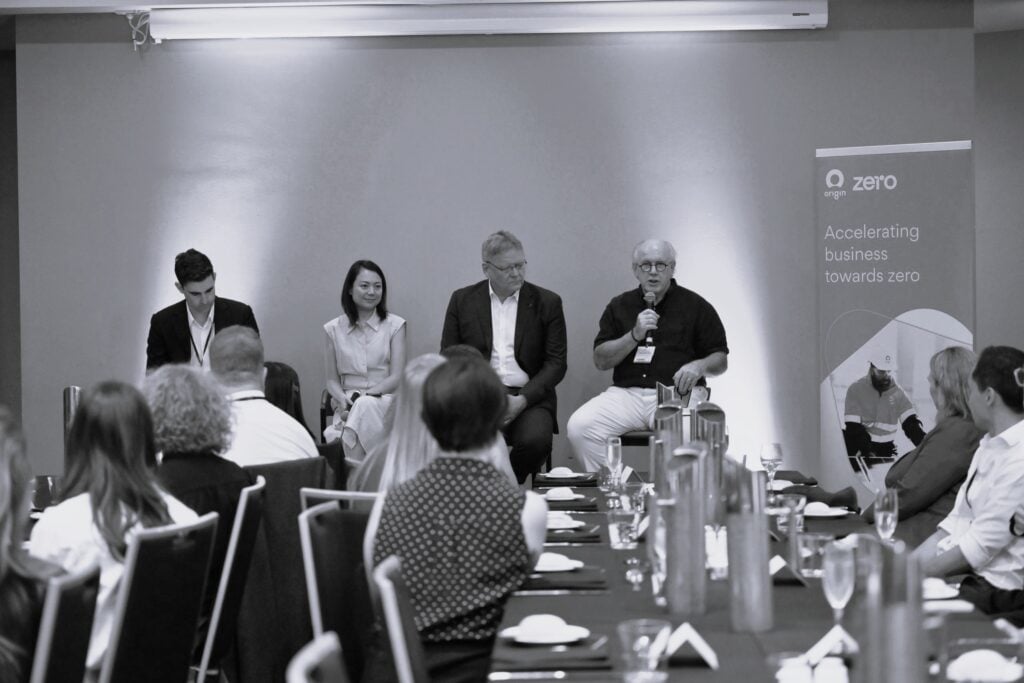
DECARBONISATION IN ACTION: KEY INSIGHTS FOR BUSINESS LEADERS
Decarbonisation in Action: Key Insights for Business Leaders Origin Insight Report Introduction The business case for decarbonisation has never been stronger, yet many businesses still struggle with transforming their sustainability strategies into tangible action. As organisations across industries grapple with this transformation, three critical hurdles dominate: justifying investments financially, overcoming
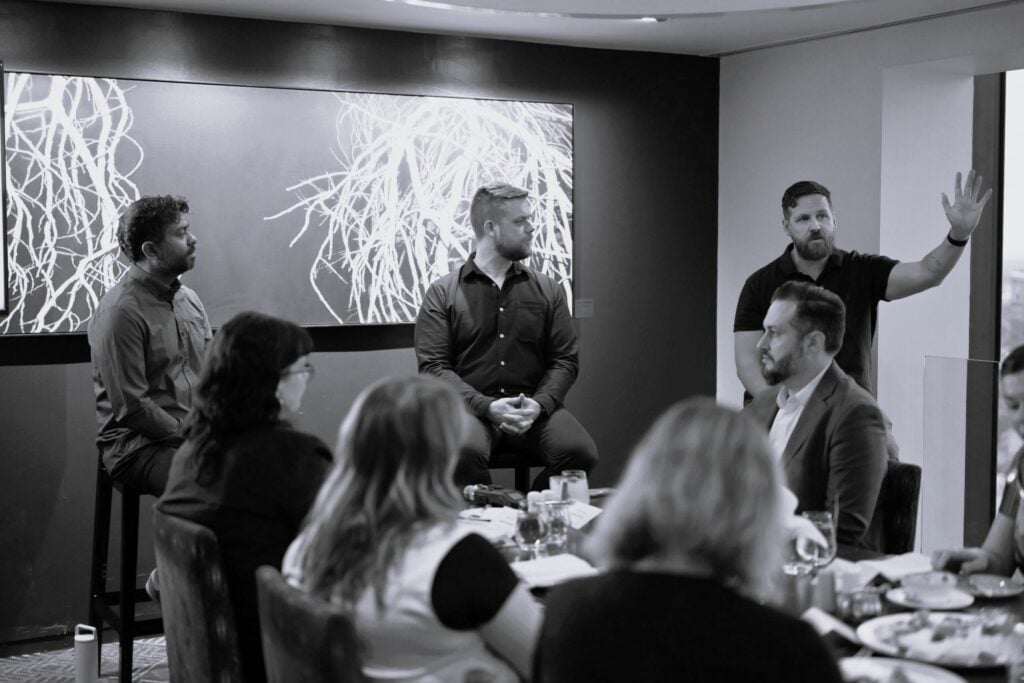
ALWAYS ONE STEP AHEAD: HOW RETAIL LEADERS MOVE FASTER, SCALE SMARTER, AND DELIVER BETTER EXPERIENCES
Always One Step Ahead: How Retail Leaders Move Faster, Scale Smarter, and Deliver Better Experiences Contentful Insight Report Introduction In today’s rapidly evolving retail landscape, speed and agility have become the ultimate competitive differentiators. While consumers continue to demand increasingly personalised experiences, many retailers have found themselves grappling with outdated
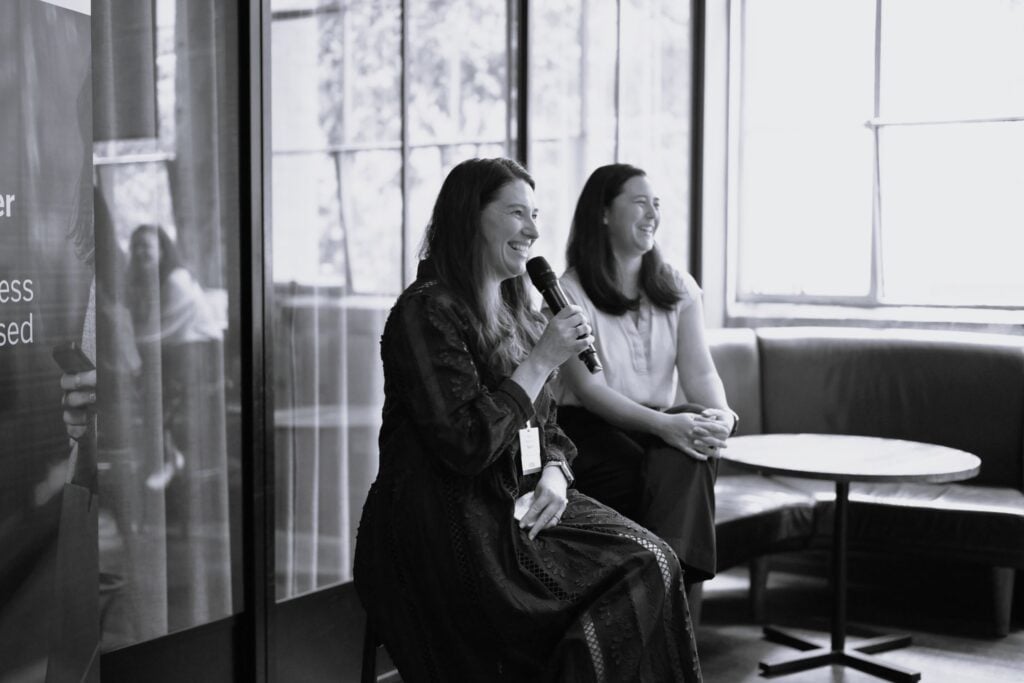
RETAIL REIMAGINED: DRIVING SIMPLICITY, INNOVATION & GROWTH
Retail Reimagined: Driving Simplicity, Innovation & Growth SAP Insight Report Introduction The retail sector is undergoing a seismic shift, with evolving customer expectations and market pressures forcing leaders to rethink their business strategies. Future competitiveness hinges not just on agility, but on cultivating a culture of continuous innovation. The question











